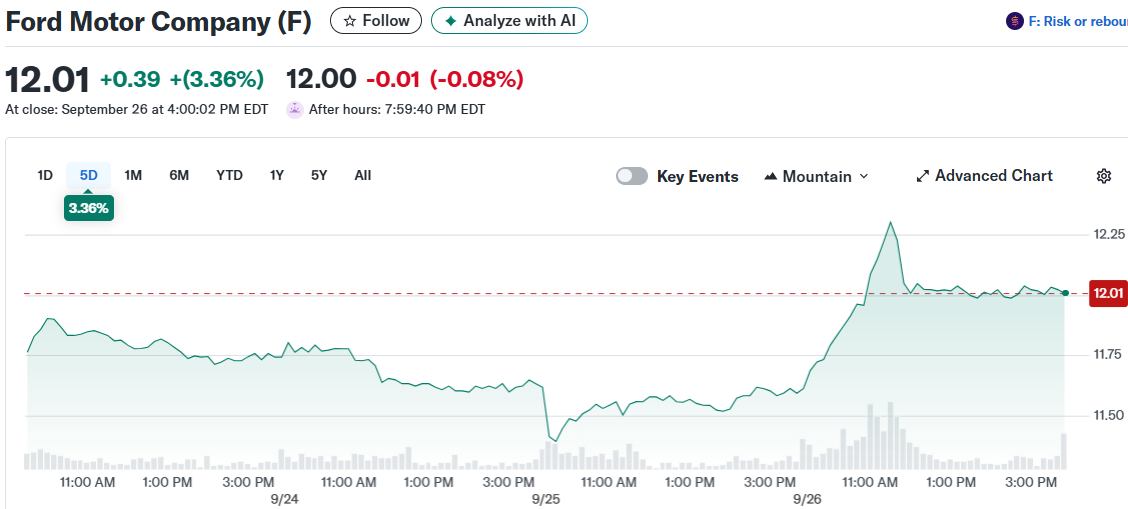The investigation, based on recently leaked data, shows that wallets linked to state-backed firms and allies of Moscow handled more than $8 billion in crypto transfers over the past 18 months.
At the center of the activity is A7, a payments company partly owned by Russia’s Promsvyazbank, which has long been tied to the defense sector. Elliptic traced stablecoin flows – primarily in Tether’s USDT-to A7 wallets used for international settlements. The operation was reportedly overseen by Ilan Shor, a Moldovan businessman sanctioned by the U.S. for his close ties to President Vladimir Putin.
Shor has previously boasted that A7 processed the equivalent of nearly $90 billion in global payments in less than a year, with a large share routed through Asian partners. Elliptic’s findings suggest that stablecoins provided a financial lifeline for Russian entities locked out of the banking system.
But the strategy also carried risks. Tether’s ability to freeze sanctioned wallets became apparent when regulators cracked down on the Russian exchange Garantex, blocking $26 million in USDT. In response, Shor’s network reportedly shifted gears this summer, pushing its own ruble-backed stablecoin, dubbed A7A5.
Despite heavy promotion, the token has gained limited traction, circulating under $500 million but already linked to tens of billions in processed transactions. Elliptic says the pivot highlights how sanctioned entities are experimenting with alternative rails to blunt the impact of restrictions, even if adoption remains uneven.
The information provided in this article is for educational purposes only and does not constitute financial, investment, or trading advice. Coindoo.com does not endorse or recommend any specific investment strategy or cryptocurrency. Always conduct your own research and consult with a licensed financial advisor before making any investment decisions.
The post Russian State-Linked Firms Used $8B in Crypto to Bypass Restrictions appeared first on Coindoo.















 Bengali (Bangladesh) ·
Bengali (Bangladesh) ·  English (United States) ·
English (United States) ·